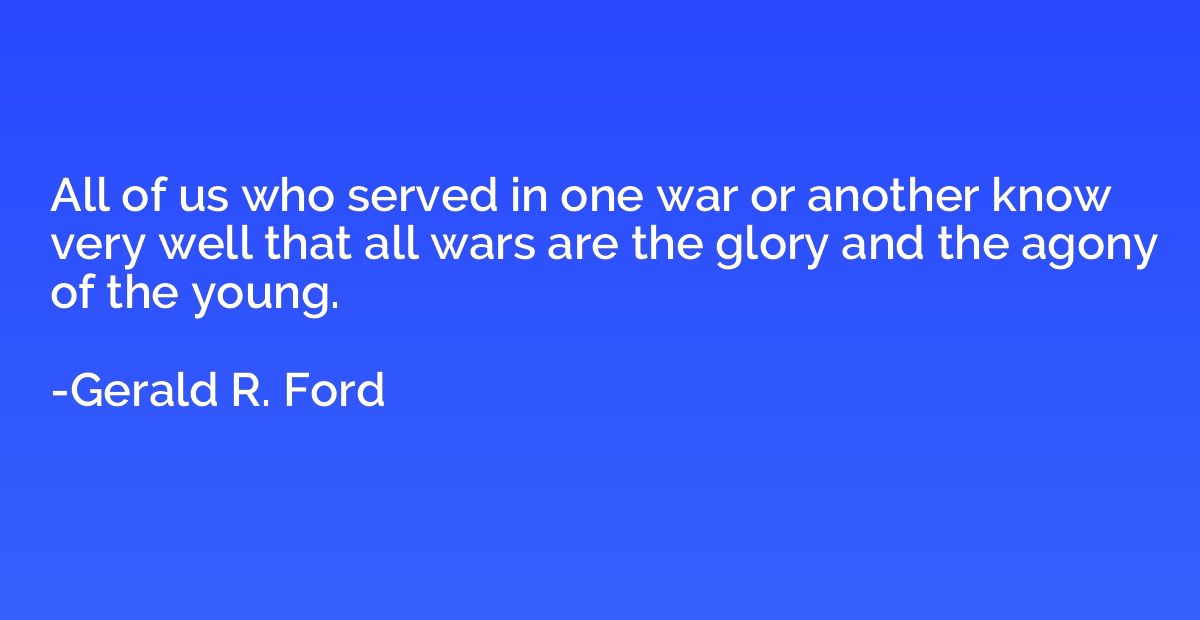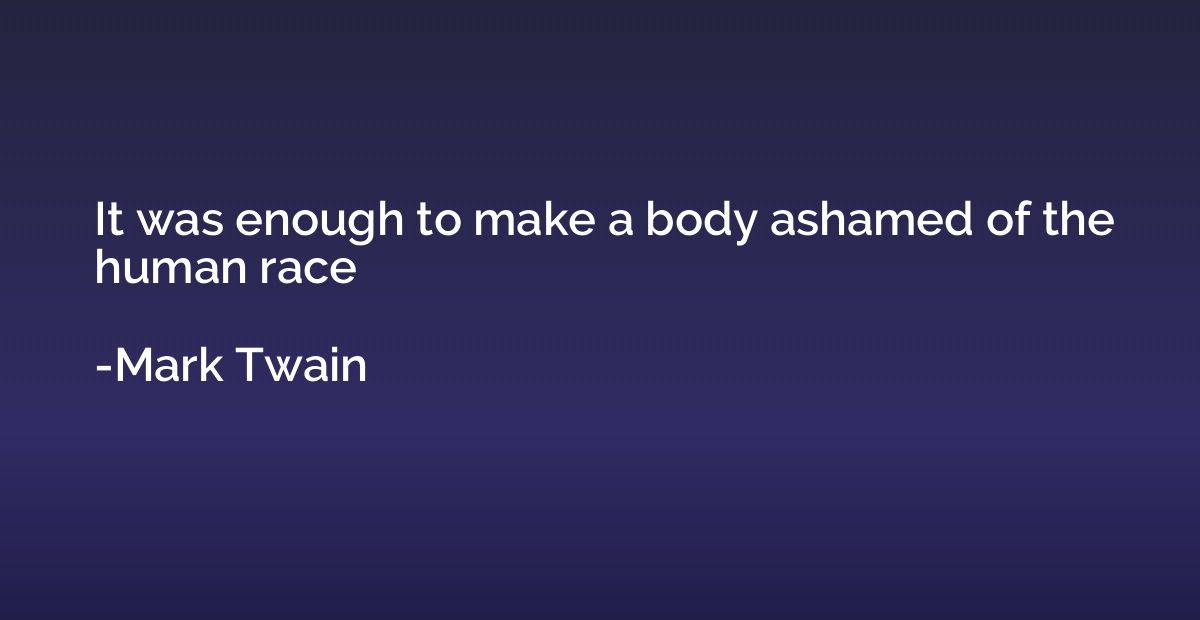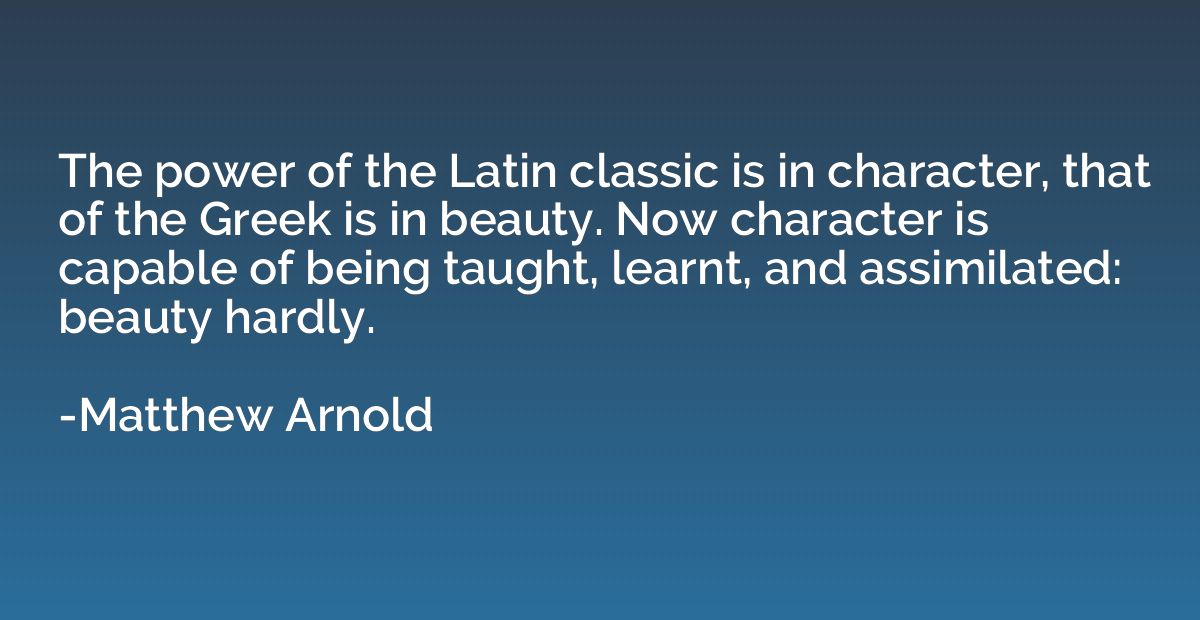Quote by Gerald R. Ford
All of us who served in one war or another know very well that all wars are the glory and the agony of the young.

Summary
This quote suggests that those who have experienced war firsthand understand that it is both a source of youthful enthusiasm and triumph, as well as heartbreaking suffering. The reference to "glory" implies that young individuals may be drawn to the excitement, honor, and camaraderie that war may bring. However, the mention of "agony" emphasizes the devastating physical and emotional toll it takes on them. Altogether, this quote seeks to convey the bittersweet nature of war, showcasing its allure to the young while acknowledging its immense hardships.














